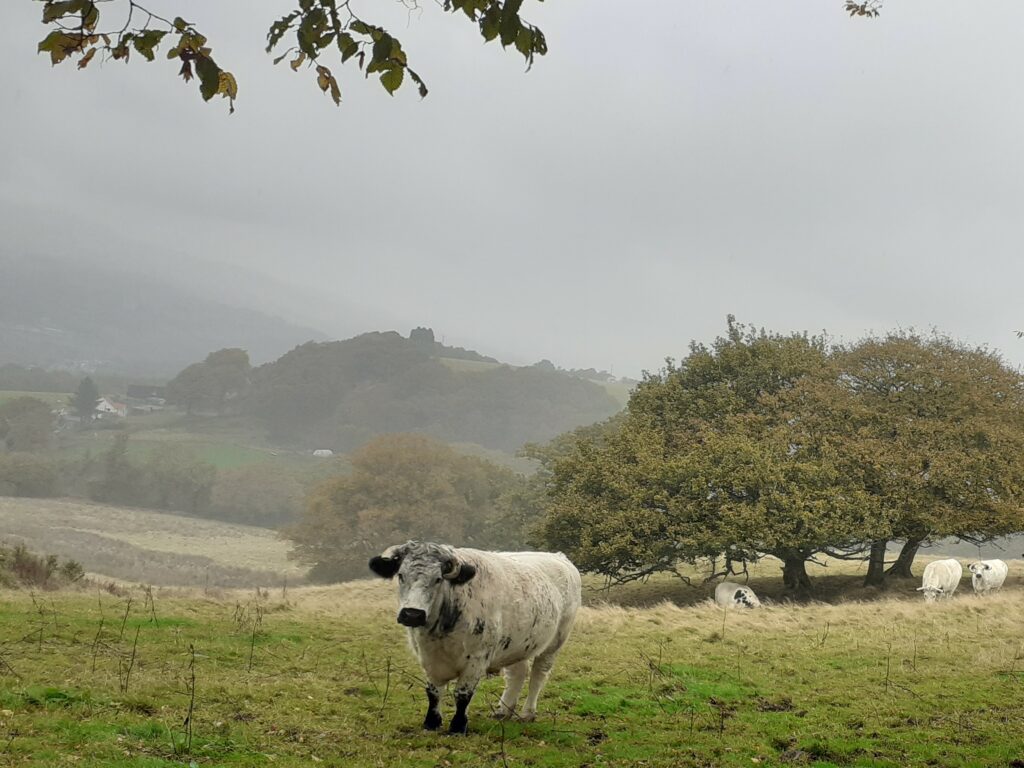Karen Whitfield discusses the future of agriculture in Wales in the face of the climate crisis.
In 1973 the very first Convention on International Trade in Endangered Species of Wild Fauna and Flora (CITES) was signed. This was an international agreement between governments to ensure that the international trade in specimens of wild animals and plants does not threaten the survival of the species.
In our small nation alone, one in six species is at risk of extinction.
Fifty years on, environmental organisations like Wales Environment Link continue to call for governments to commit and invest in protecting our wildlife. This follows on from previous campaigns such as CITES, the Convention on Biological Diversity and global nature conservation efforts, along with the Sustainable Development Goals. We have high hopes for the new Kunming-Montreal Global Biodiversity Framework and how this can deliver for nature in Wales.
In Wales, we have our own complementary seven well-being goals included in our ground-breaking Well-being of Future Generations Act and a progressive Environment (Wales) Act, yet we continue to see a huge loss in our wildlife and biodiversity.
In our small nation alone, one in six species is at risk of extinction. The shrill carder bee can only be found at the Gwent Levels and areas of Pembrokeshire and Glamorgan coast, and one in four bird species such as the swift, greenfinch and rook are in “serious trouble,” as revealed by RSPB Cymru’s report on Birds of Conservation Concern, published last December.
Earlier this month we marked World Wildlife Day, and this year’s theme was ‘partnerships for wildlife conservation.’ It has made me reflect on the partnerships that are being developed to call for our first Agriculture Bill (Wales), which is being debated and amended in the Senedd, to put nature first.
This may seem at odds with an agricultural sector that is facing several changes from payment support during a transition from the EU Common Agricultural Policy, to responding to climate change, rising costs, new trade deals and other external factors such as the war in Ukraine.
Syniadau uchelgeisiol, awdurdodol a mentrus.
Ymunwch â ni i gyfrannu at wneud Cymru gwell.
However, this is a once-in-a-generation opportunity to create an Agriculture Bill that protects nature and supports our farmers who manage a large part of our land throughout Wales. Reducing greenhouse gases, protecting and restoring biodiversity to support the resilience of our ecosystems and stem any further losses, improving air and water quality and mitigating flood and drought are just some of the areas farming can work on in partnership with different organisations to create a more resilient Wales.
The Bill sets four Sustainable Land Management objectives, which we would like to see delivered together, with no single objective prioritised above another, along with clearer links to the Well-being of Future Generations and Environment Acts. Crucially, we would like to see the Bill focus more on the need to restore nature from its current state and to protect our unique landscapes.
In the face of declining species and climate change this is the approach that can make a difference to create a healthier, prosperous and resilient Wales.
The Welsh Government supports the Global Biodiversity Framework to protect 30% of our land, inland waters, and sea by 2030. By strengthening the Bill in the ways that we are suggesting we will help Wales achieve this target.
It is important that we set the framework for farmers to be paid to deliver these improvements as part of the bill. These changes need to go beyond the current legal requirements and minimum standards, delivering public and environmental benefit and value for taxpayers.
Many of these improvements will have more impact if they are delivered in partnership with other farmers and land managers to provide services such as large-scale habitat restoration, tree planting to reduce flooding, capture carbon and improve air quality, connecting access routes to the countryside and our rivers, lakes and coastal waters and taking collective action on pollution. The new Sustainable Farming Scheme must provide the necessary support for this partnership to work.
We know that the sorts of changes we are calling for can make a huge difference to farm businesses as well as to the environment and our wildlife. Organisations like ours stand ready to support farmers in making these important changes. After all, this is what partnership is about: supporting one another for the greater good. In the face of declining species and climate change this is the approach that can make a difference to create a healthier, prosperous and resilient Wales.
All articles published on the welsh agenda are subject to IWA’s disclaimer.
This article was edited by Kaja Brown thanks to the Books Council of Wales’ New Audiences Fund.





